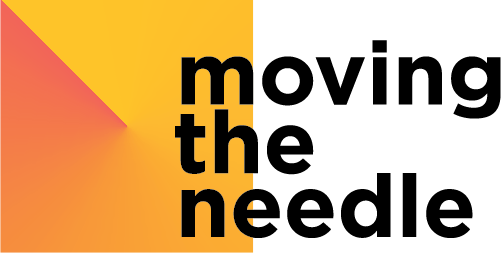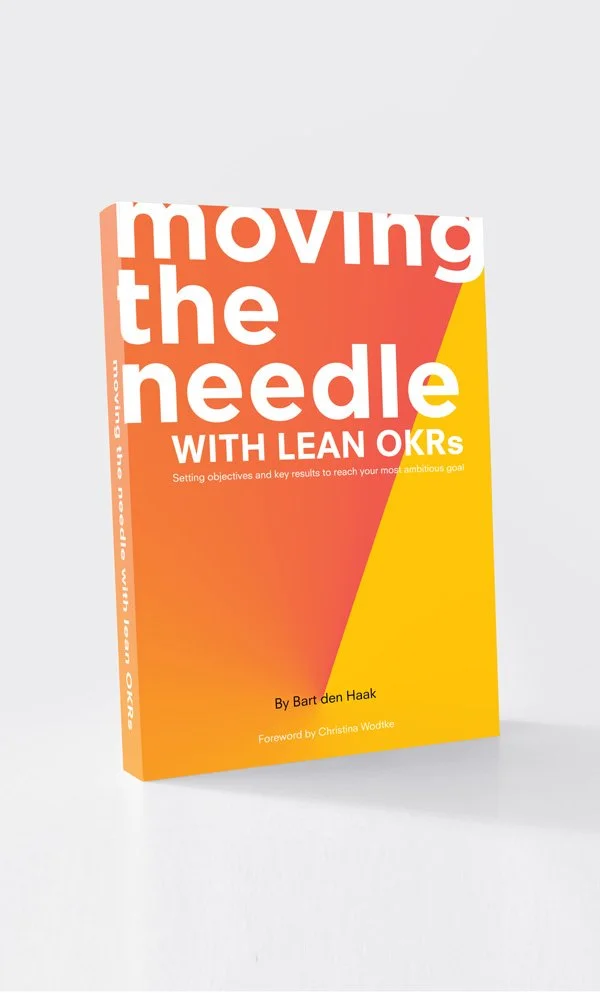Objectives and Key Results. A 40-year old, simple goal-setting framework, initially created by and for technology companies that needed to innovate at the speed of light. They are still wildly relevant today, some four decades later, and when used correctly, they can help you to achieve 10x growth. The popularity of the tool is….
Read MoreObjectives and Key Results. A 40-year old, simple goal-setting framework, initially created by and for technology companies that needed to innovate at the speed of light. They are still wildly relevant today, some four decades later, and when used correctly, they can help you to achieve 10x growth. The popularity of the tool is….
Read MoreObjectives and Key Results. A 40-year old, simple goal-setting framework, initially created by and for technology companies that needed to innovate at the speed of light. They are still wildly relevant today, some four decades later, and when used correctly, they can help you to achieve 10x growth. The popularity of the tool is….
Read MoreObjectives and Key Results. A 40-year old, simple goal-setting framework, initially created by and for technology companies that needed to innovate at the speed of light. They are still wildly relevant today, some four decades later, and when used correctly, they can help you to achieve 10x growth. The popularity of the tool is….
Read MoreObjectives and Key Results. A 40-year old, simple goal-setting framework, initially created by and for technology companies that needed to innovate at the speed of light. They are still wildly relevant today, some four decades later, and when used correctly, they can help you to achieve 10x growth. The popularity of the tool is….
Read MoreYou don’t need dedicated OKR Software, so don’t fall into this trap. Organising your goals into Objectives and Key Results (OKRs) is supposed to be simple. Very simple, that’s why it works. If you make OKRs too complicated by having too many, or when you have too many layers in your organisation, you might think you need software to “manage” all these goals. Don’t “manage” OKRs; trust your teams instead to do the right thing.
Read MoreMany organizations that make the decision to start with OKRs make the same mistake: too many OKRs at the executive level.
Read MoreYou want your company to grow. That desire could be driven by shareholders and investors, your own ambition or your exit strategy. So what do you do? You hire a bunch of growth hackers to get your inbound and outbound marketing up to speed, hire some killer sales reps and do some pricing tricks. This is a nice recipe if you want to grow your SaaS fast in its early days. After you have overcome some of the growth crises, you’re now a mature mid-sized SaaS company. Then something happens.
Read MoreIn the pursuit of your mission and vision, in life as well as in business, the individuals that see the best return on their efforts are those that have laid the framework from getting from point A to point B with pragmatic goals.
Read MoreYou’ve recently started with OKRs, defined company-level OKRs and your teams already have linked OKRs. You are ready to start your first OKR cycle. What things can you expect when you perform your OKR check-ins? Let’s look at different stages of your OKR implementation.
Read MoreI often come across companies where everything is a top priority. Let’s take a look at a fictional corporation, Acme Bank, where revenue was low last quarter. Like many, their natural response is to cut expenses.
Read MoreYou find yourself sitting at your desk, scratching your head. What is going on? You thought you were clear and fair. You repeated it so many times. How is it possible that your teams still don’t do what you expect of them?
Read MorePeople hate uncertainty. Research has proven that people can experience stress and illness when dealing with ambiguity and obscurity. Our brain appreciates certainty the same as food, sex, and social connections. We humans are rather predictable creatures, ruled by genetics and time-honoured survival mechanisms. There are few things that give us more satisfaction than having a firm sense of control over our environment, safety, and working towards a goal (acting with purpose).
Read MoreSo, you have recently heard about this new management goal-setting method called OKRs and you are really eager to implement them within your organization. If Google and all of the other big tech giants are using them, then they need to be good right? So, what do you do next?
Read More









